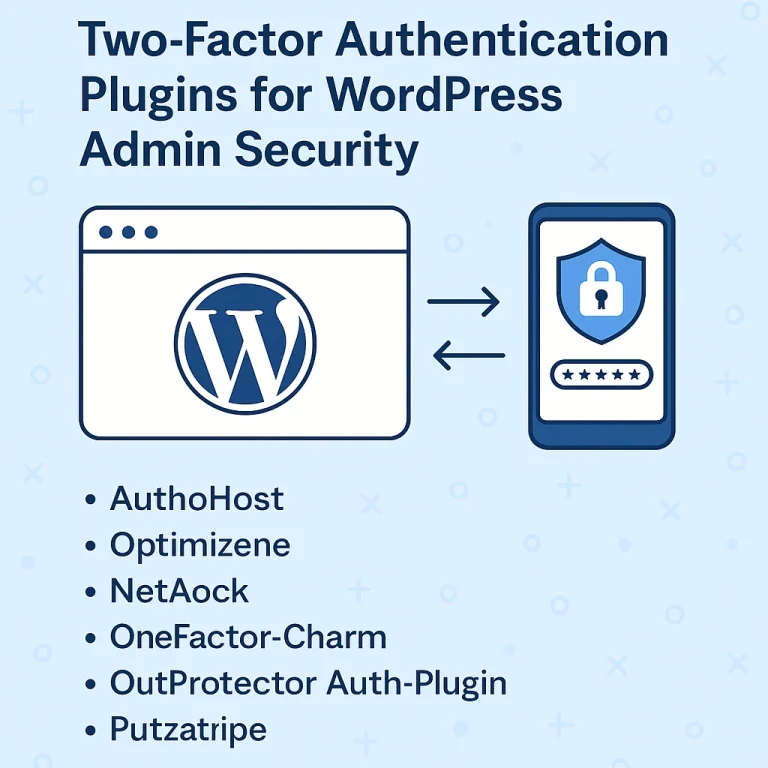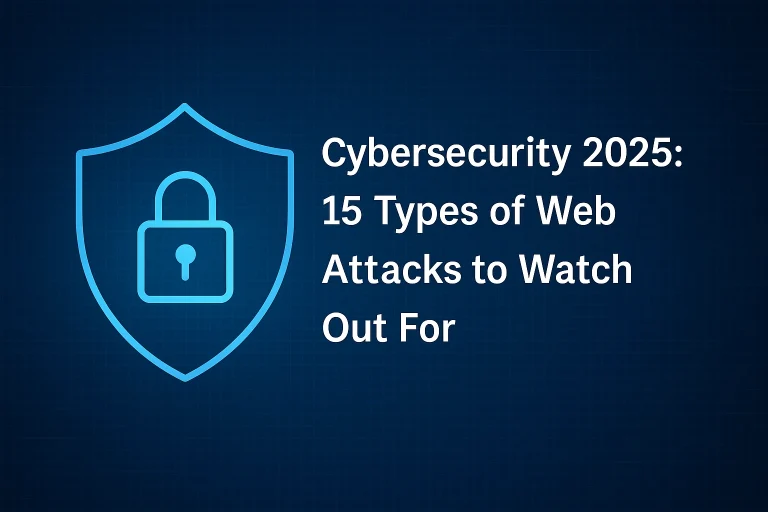Category: Website Security

 Reading Time: 8 minutes
Reading Time: 8 minutes WordPress has always hung its hat on the simplicity it offers users when it comes to assembling a website and publishing content on the site. But what makes it especially user friendly can also make it a little more susceptible to bad-intentioned activity and what we’re talking about there is the need for website security. Most Canadian web hosting providers who offer managed WordPress hosting are going to take care of every aspect of keeping all small business websites safe from malware, cyber attacks, or whatever else it may be. Managed WordPress hosting in Montreal for business is particularly recommended, as it is for anyone who’s especially busy competing in a big city in Canada. There will be some who are just as busy as everyone else with marketing themselves to new customers, and having a lot of the success with that when getting people pointed in the direction of their websites. But it may be that they’re still going to try to keep their operating costs low, and that’s to be admired. Secure managed WordPress hosting in Canada may be something they’ll move to in the future, but right now they’re going to wear the webmaster hat on their own. With WordPress the largest part of what type of functionality you’re going to have with your site is going to be based on plugins, and plugins for security are among the important choices. So what we’ll do with this week’s entry is assume some of you are entirely hands-on with your site interface and not taking advantages of managed web hosting here with 4GoodHosting at this time. We’ll identify the consensus top 7 2-factor authentication plugins for WordPress admin security, and along with that some helpful information about others aspects of optimizing your WordPress business website and ensuring it’s fully secure too. We’ve covered topics similar to this before here, but this is the first time to be looking at one specific types of WordPress plugin exclusively. Passwords Not Enough We can start by telling you in no uncertain terms that passwords alone simply aren’t good or reliable enough to protect your website anymore. Relying not them is going...
You may find this interesting too.

 Reading Time: 20 minutes
Reading Time: 20 minutes The internet often feels like an outlandish digital frontier: a thrilling and dynamic place offering innumerable opportunities. But just like the earlier Wild West, it is one riddled with risks and dangers. There exists a whole world of shady people, also known as "threat actors," who use web attacks to break into websites, steal sensitive data, and spread all kinds of chaos. You might be wondering, "What can I do to protect myself?" The answer is knowledge. The very first step for you to build a strong defense for your online presence is to comprehend the various types of web attacks. This is where 4GoodHosting comes in. As a leading secure Web Hosting Provider in Canada, we work to protect your website and let you focus on your business, be it an utterly traditional enterprise or a totally odd yet successful business idea you nurtured into being. Let's delve into the details tackling 15 most-known web attacks. For each attack, we will take you through a simple definition of what it is, a simplified process of how it works, with steps that are crystal clear, about what you can do to protect yourself. This is with the professional touch of your partners 4GoodHosting. SQL Injection (SQLi): The Database Interrogator A SQL Injection attack is thus a burglar that works in a more sophisticated way by deceiving the security of the vault into opening its doors for them, rather than simply attempting to rob it. Think of your website's database as the brain of your operation—an organized vault painstakingly collecting customer details, inventory lists, and so on. How It Works: A Deceptive Command An attacker will find loopholes in the application code against which the integrity was not properly controlled. They would enter a user name plus a specific string of SQL commands into the login field. For example, a normal query to check a username would look like: SELECT * FROM users WHERE username = 'user_input'; The attacker could type in 'admin' —" The transformation of the query looks harmless: SELECT * FROM users WHERE username = 'admin' --'; Here, double dash (--) is a comment in SQL, so the...
You may find this interesting too.







